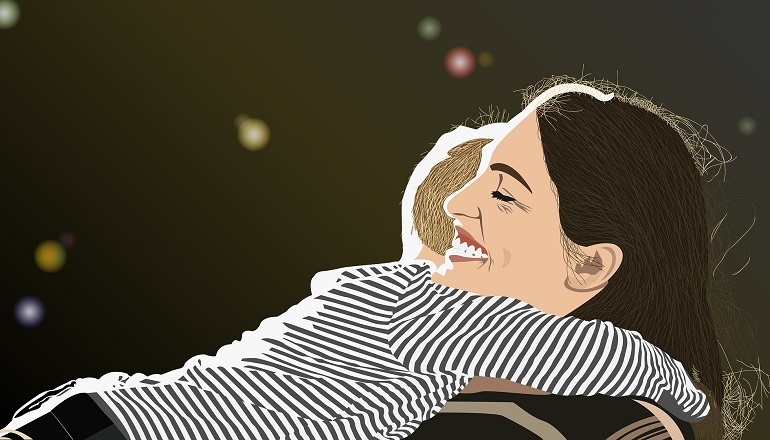Preschoolers are curious by nature, so as they begin to interact more with the world around them, they may bombard you with questions. Some are innocuous (Why is that butterfly black and orange?), while others will catch you by surprise. For instance, you may be walking along one day, when your four-year-old announces that his preschool teacher is having a baby, and that her tummy is getting big. In the next breath he may say, “Mommy, did I grow in your tummy, too?” Often, parents are stumped about how to explain adoption to a child.
Talk It Up!
Children this age are interested in families, so its important to begin a dialogue about how they came to join yours. You might say, “No, you did not grow in my tummy. You grew in another woman’s tummy, and then you were born. Then we (or I) adopted you.” Explain to your child that every baby—adopted or not—comes in to the world by growing in a tummy and being born.
Many adoptive parents accidentally leave out the birth section of the story, saying only, “No, you did not grow in my tummy; we adopted you.” So a small child is led to believe, “I wasn’t born. I was adopted!”
Preschoolers are also aware of physical differences, so your child might ask, “Why is my skin (or hair or eyes) different from yours?” When responding, remain factual and to the point. You could say, “You were born to birth parents (or to a woman) who have the same skin color as yours. I was born to Grandma and Grandpa, who have the same skin color as mine. That’s why we look the way we do.”
Children approaching age five may ask, “Why was I adopted?” or “Why didn’t I stay with my other mommy?” When answering these questions, keep your responses general. (You’ll talk with your child about his adoption story time and time again, and you’ll have many opportunities to add specifics when he’s a bit older and has developed a stronger sense of self.)
You could begin your discussion by saying, “All babies needs lots of loving care, both day and night. They need healthy food, a warm place to sleep, to be cared for when they’re sick, and to have grownups hold them when they cry. But not all grownups can care for a baby and give him what he needs, so another family is found for him. That family has grownups who can love and care for the baby, and who will be his parents forever. This is called adoption.”



